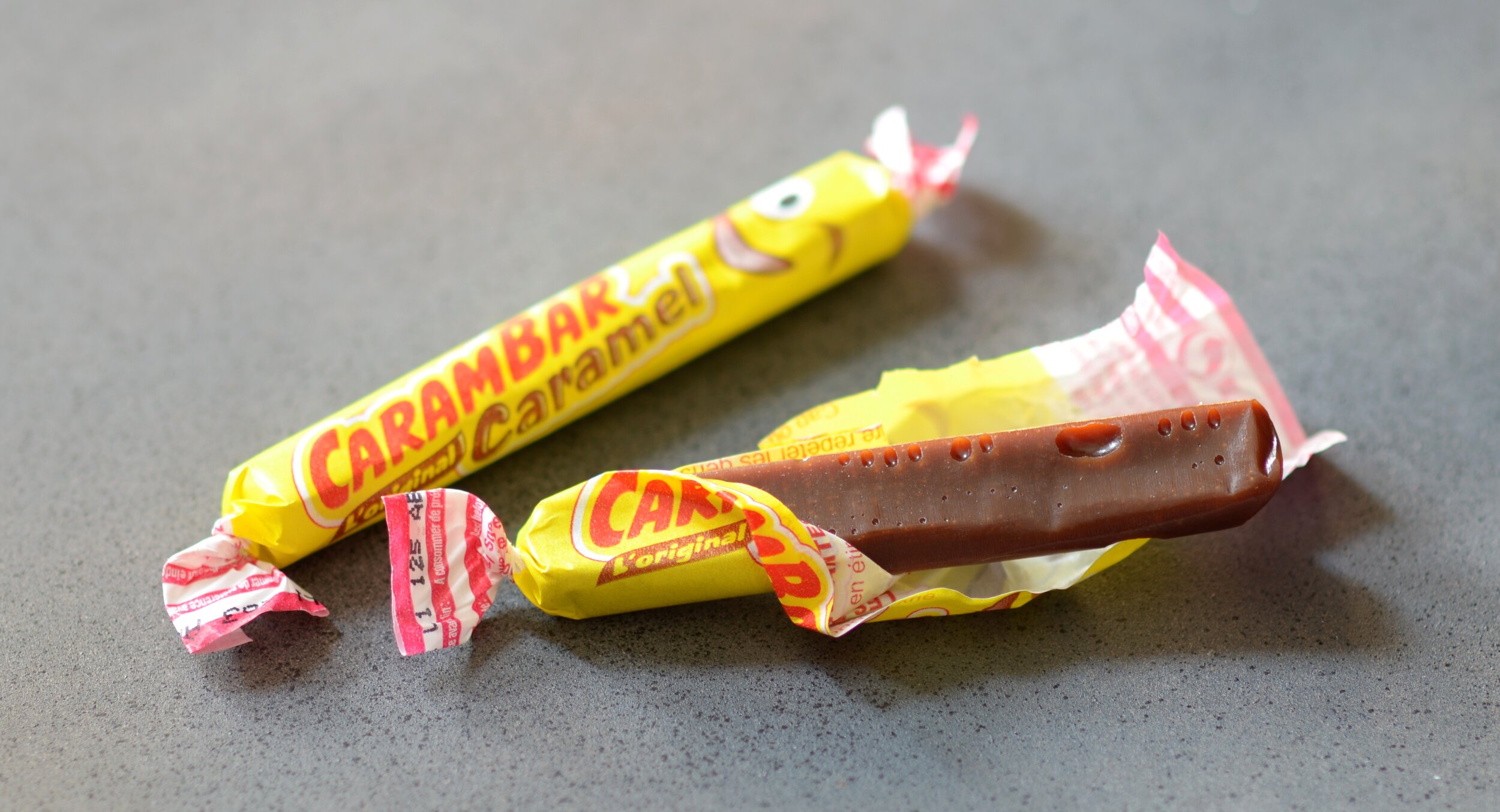“Qu’est-ce que tu fais aujourd’hui, ma chérie?” Jean Louis a demandé.
“J’ai mon cours d’anglais avec Roger,” j’ai dit.
“Bien sûr,” il a répondu. “Comment ça va?”
“Super, merci,” j’ai menti.
En vérité, Roger préfère flirter avec moi, j’ai pensé, mais je ne vais pas dire ça à mon mari!
_____________
“Salut Leïla, tu veux quelque chose à boire?” Roger a demandé quand je suis entrée dans le café.
“S’il te plaît. Un thé anglais avec du lait,” j’ai répondu.
“Ah, ma petite fille anglaise,” Roger a taquiné. “J’admire ta détermination d’apprendre l’anglais, Leïla.” Et puis il est parti pour aller au comptoir.
Tu n’es pas déterminé, Roger, ça, c’est sûr, j’ai pensé.
Quand Roger est retourné, j’ai décidé de dire quelque chose.
“Roger, j’aime bien mes cours d’anglais avec toi,” j’ai commencé.
“Moi, aussi, Leïla. J’aime être payé pour passer du temps avec une très belle femme deux fois par semaine,” il a souri et il m’a passé mon café. “Du sucre?”
”Je suis sérieuse, Roger. Ne me taquine pas,” j’ai dit.
“Moi aussi, Leïla, je suis sérieux. Tu es une très belle femme. Je pense que tous les autres hommes dans ce café sont jaloux de moi.”
“Roger, ça suffit! Je n’aime pas quand tu parles comme ça. Tu sais que je suis mariée.”
“Oui, tu es mariée, Leïla, mais tu n’es pas morte! On est amis. J’aime te taquiner. Tu rougis très facilement.”
Mon visage était rouge, c’est vrai, mais je ne souriais pas.
“Roger, je veux changer nos leçons. Je ne veux plus…”
Soudain, une femme est passé devant notre table. Elle était magnifique - grande, avec des cheveux roux et les yeux verts.
”Coucou Roger!” elle a dit. “Toujours dans le café, je vois,” elle a taquiné. “Je suis surprise que ce n’est pas un bar.”
“Tu me connais bien,” il a dit et il a rougi.
“À demain!” elle a dit, et elle est partie.
“C’est qui ça?” j’ai demandé.
“Elle s’appelle Noëlle’, il a dit et il n’a pas souri.
“What are you doing today, my darling?” Jean-Louis asked.
“I have my English lesson with Roger,” I said.
“Of course,” he responded. “How’s it going?”
“Super,” I lied.
In truth, Roger prefers to flirt with me, I thought, but I’m not going to say that to my husband!
_____________
“Hi Leïla, do you want something to drink?” Roger asked when I entered the café.
“Yes, please. An English tea with milk,’ I responded.
“Oh, my little English girl,” Roger teased, “I admire your determination to learn English, Leïla.” And then he left to go to the counter.
You’re not determined,Roger, that’s for sure, I thought.
When Roger returned, I decided to say something.
“Roger, I really like my English lessons with you,” I started.
“Me too, Leïla. I like to be paid to spend tike with a very beautiful woman twice a week.” He smiled and passed me my coffee. “Sugar?”
“I’m serious, Roger. Don’t tease me,” I said.
“I’m serious, too. Leïla. You are a very beautiful woman. I think that all the other men in the café are jealous of me.””Roger, that’s enough! I don’t like it when you speak to me like that. You know that I’m married.”
“Yes, you are married, Leïla, but you’re not dead! We’re friends. I like teasing you. You blush very easily.”
My face was red, it’s true, but I wasn’t smiling.
“Roger, I want to change our lessons. I no longer want…”
Suddenly, a woman passed in front of our table. She was magnificent - tall, with red hair and green eyes.
“Hi there, Roger!” she said. “Always in the café, I see,” she teased. “I’m surprised it’s not a bar.”
“You know me well,” he said and he blushed.
“See you tomorrow!” she said, and she left.
“Who’s that?” I asked.
“Her name is Noëlle,” he said and he didn’t smile.








































































